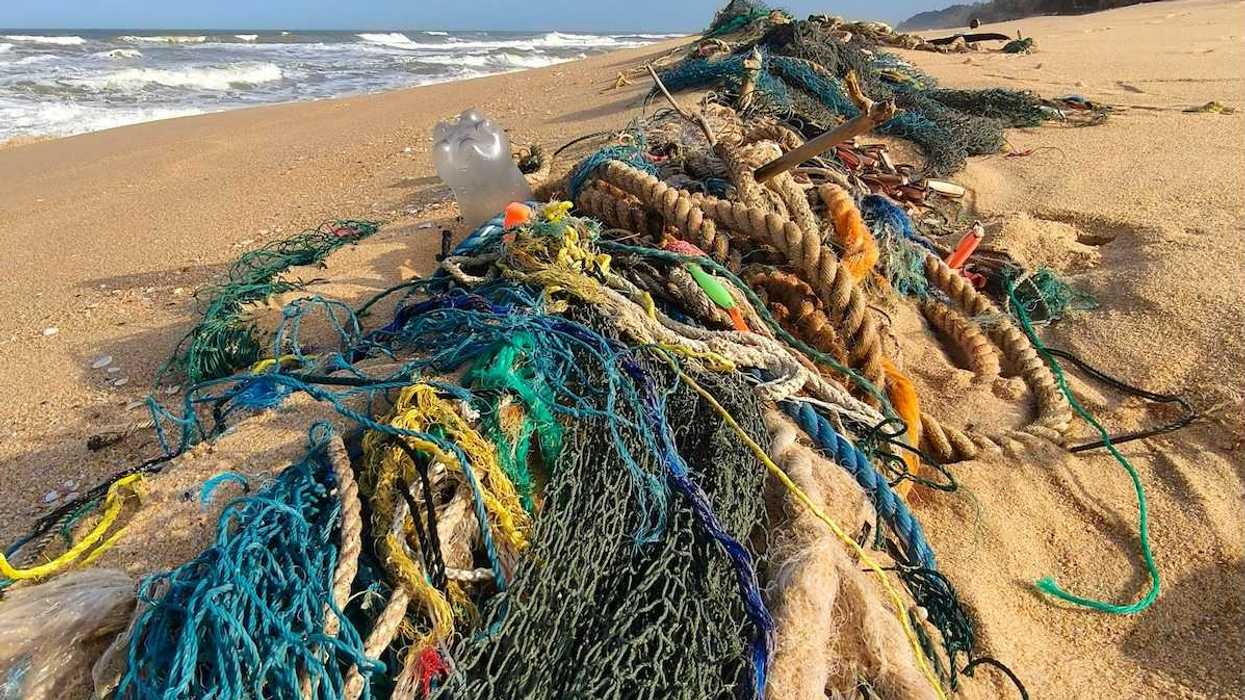Tracie Baker's recent Everglades expedition reveals alarming levels of pollution, even in the most secluded parts.
Bill Kearney reports for South Florida Sun Sentinel.
In short:
- University of Florida scientist Tracie Baker found pollutants like pesticides, herbicides, and microplastics pervasive across the Everglades.
- Despite the remoteness, high levels of PFAS and other contaminants were detected, raising concerns about their widespread impact.
- The study highlights the intrusion of modern chemicals into remote wilderness areas, challenging assumptions about pollution's reach.
Key quote:
"We saw PFAS at every site, and saw more in the sediment than in water."
— Tracie Baker, University of Florida scientist
Why this matters:
This discovery underscores the need for more stringent environmental policies and public awareness, particularly concerning health outcomes related to water quality and ecosystem preservation.
We are surrounded by toxic chemicals. Looking for a new tablecloth or comforter? You might want to take a closer look if it’s stain-resistant because it likely contains toxic “forever chemicals,” according to a recent report.














